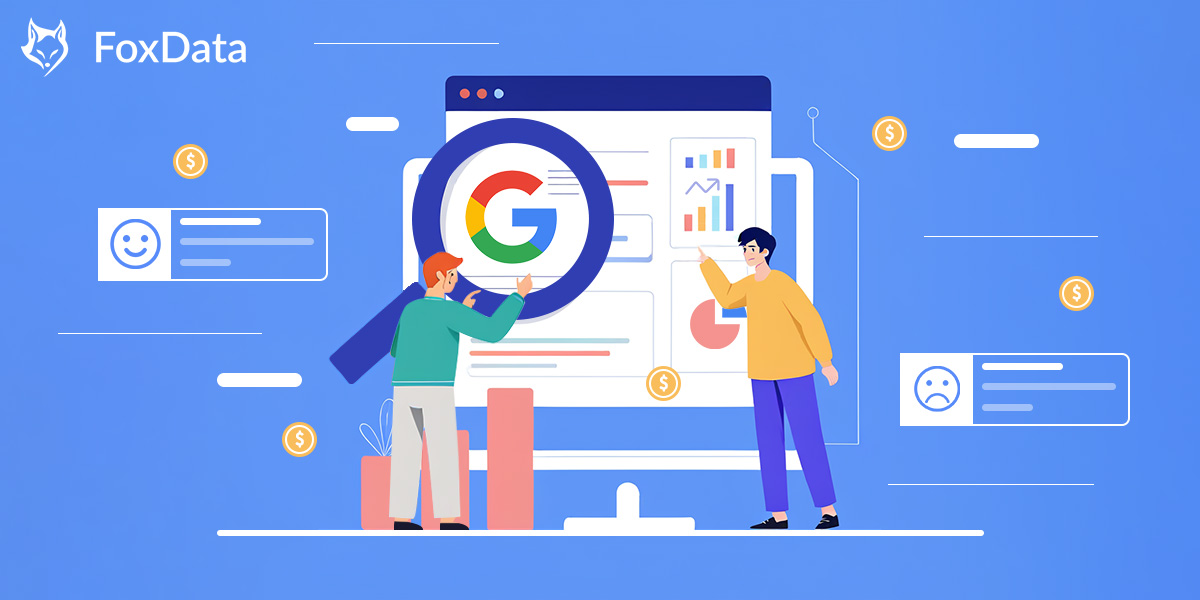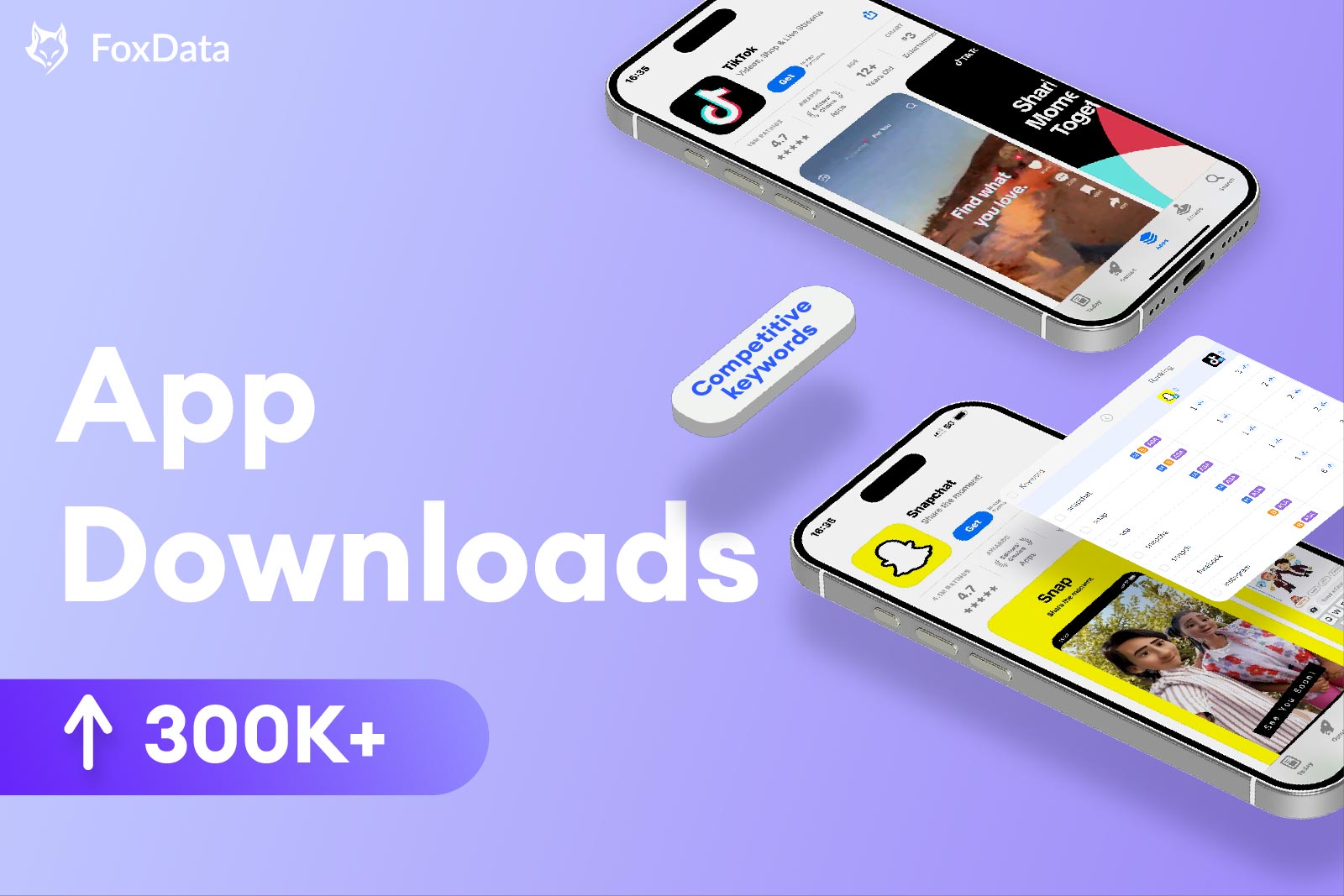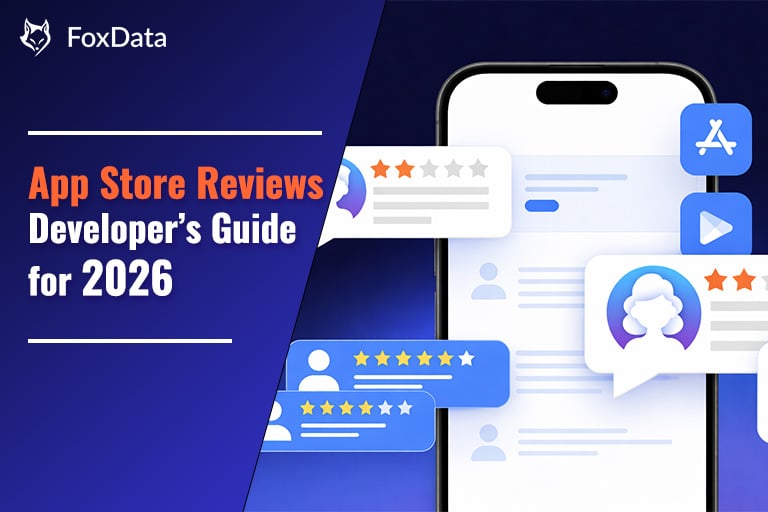7 Techniques to Improve Your Website Rankings

Mastering the art of Search Engine Optimization (SEO) can seem daunting, especially for beginners. However, with the right guidance, you can navigate the digital landscape and improve your website's ranking. Here are seven essential techniques to help you achieve ultimate success in SEO.
Prioritize User Experience
One of the critical factors in a successful SEO strategy is user experience. Google is increasingly paying attention to how website content is created and how it's delivered to users.
The reason being, if your content is robotic and solely designed to please search engines, it likely won't rank well. All content should naturally arise from human-to-human interactions, providing what users genuinely want to see and read.
Google's latest algorithm, created in 2021, focuses on the user experience on web pages, and all updates are now based on this algorithm.
The more you understand how user experience (UX) directly ties to SEO, the better your organic strategy will be.
Create Higher Quality Content Relevant to Your Audience
The primary driver to improve SERP (Search Engine Results Page) ranking is your content.
Focus on creating more high-quality, authoritative, and fresh content for your target audience.
This content can increase the traffic to your website or blog, thereby enhancing your website's relevance and authority. Search engines will recognize this, and your ranking can rise.
Strategies to help craft valuable content for your target audience (and search engine rankings) include:
● Building content around keyword phrases your target audience frequently searches.
● Creating content using keywords and phrases related to the most searched queries, which can be found in the "related searches" section of Google results pages.
● Building content around low-competition keyword phrases, like those you might find in the "people also ask" section of SERPs.
Improve Your Website's Readability
Readability is a measure of how easy it is to read your content. Factors influencing this measure include the simplicity of the text, its complexity, and even the actual formatting. A key characteristic of readable content is that it's also scannable.
You can use Flesch-Kincaid and Flesch Reading Ease formulas to measure content readability. Online assistance can be obtained from tools like Yoast SEO, SEMrush, Readable, Grammarly, and Hemmingway.
Readability can enhance the reader's experience, signal to search engines that your content is of higher quality based on reader numbers, and can help improve your SEO ranking.
Diversify Your Content Types
Offering different types of content can attract a broader audience and increase traffic to your website. It can also increase dwell time, the amount of time visitors spend on your site, which can directly impact your SEO ranking.
If you're unsure where to start, consider your existing content. How can it be repurposed into another format? For example, turn a popular video into a content-rich blog post, and vice versa.
SEO-friendly content types include:
● How-to guides
● Authoritative blog posts
● Long-form content
● Detailed lists/listicle articles
● Videos
● Interactive content
● Infographics
Revisit Old Content and Update and Optimize as Needed
Don't forget about the content already on your site.
Updating and optimizing existing content is a quick way to improve your website's relevance. Start with a content audit to determine which content to focus on first.
While the content may still be useful and doesn't need modification, evaluate its target keywords. Also, check if any images, infographics, or videos need updating.
Ensure Google indexes your updated content by going to Google Search Console, entering the updated content's URL, and clicking the "request indexing" button.
Develop a Robust Linking Strategy
Your linking strategy is a key component of SEO success and should include a plan for both internal and external links.
In your content, link to external authoritative, relevant, and reputable sources. By doing so, you can boost your credibility and authority, two factors search engine algorithms pay attention to.
Make the anchor text of your links descriptive and use target keywords or phrases whenever possible.
Inbound links (or backlinks) are also beneficial for SEO. These are links generated when another website links back to your site. To acquire these inbound links, create shareable high-quality content and look for guest posting opportunities.
Google sees inbound links as another indicator that your site contains quality content and takes you more seriously. You don't need a massive amount of these, as search engines value the quality of each one more than the quantity on your site.
To further improve user experience, regularly check outbound and inbound links to ensure they're still working correctly. You may find that inbound links from other sites have broken, or external links in your content aren't functioning as expected.
Broken links can annoy your readers, reduce trust, and impact dwell time (increasing the chance visitors completely exit your site). Visitors to your content may also question if your site is unattended, outdated, or inactive. All of these can impact user experience and your SEO ranking.
Make Your Website More Mobile-Friendly
With more and more people conducting searches on mobile devices, it's essential that your website is mobile-friendly. This not only provides a better user experience for your target audience but also impacts your search engine optimization.
Google now uses mobile-first indexing, meaning its algorithms primarily focus on how your content displays on mobile devices and uses that to index and rank your pages.
If your web pages load slowly, it will impact both your visitors and Google ranking. Visitors are more likely to abandon your site, and Google is more likely to take notice.
In other words, the speed at which your website loads can directly or indirectly impact your ranking.
Monitor and test the loading speed of your web pages and make improvements to those that are too slow.
Methods to help speed up loading times include reducing the file size of your web pages, compressing images on your site, and re-evaluating all plugins and themes.
In conclusion, SEO is a dynamic and ongoing process. It requires regular updates, monitoring, and adjustments based on algorithm changes and user behavior trends. By following these seven techniques, you can enhance your website's visibility, attract more organic traffic, and ultimately, achieve higher search engine rankings. Remember, the key to SEO success lies in prioritizing user experience, producing high-quality content, diversifying content types, and ensuring your website is mobile-friendly.
FoxData provides SEO services. From keyword benchmarking to your campaign strategies to citation building to boost your local SEO rankings, we can handle it all. Now start your brilliant journey on FoxData!






